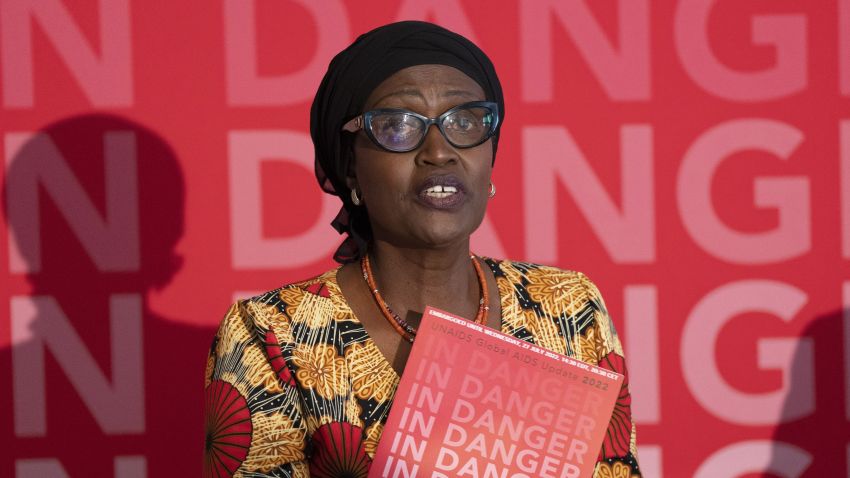This past July, the biannual International AIDS Conference was held in Montreal, Canada. The gathering is one of the largest summits in global health, where individuals and organizations take stock of the progress made in the fight against AIDS and consider ways to build on those successes. This year’s edition, the first in-person conference since the onset of the coronavirus pandemic, was expected to bring together thousands of people from all over the world. But what was meant to be an opportunity to galvanize international cooperation against a disease that has killed more than 40 million people since its discovery in the 1980s quickly devolved into a debate about the geopolitics of global travel, including the inequitable, discriminatory nature of visa regimes and their impact on attendance at international conferences and other gatherings.
Weeks before the 2022 AIDS conference began, stories of attendees from Africa and across the Global South struggling to secure visas to the conference trickled out on social media as well as in traditional media. Many people reported delays in the processing of their visa applications, while others were forced to attend the conference virtually after their applications were rejected by Canada. Many commentators online and elsewhere could not help but note the optics of blocking large numbers of delegates from the Global South from attending the conference, given that the overwhelming majority of the people affected by AIDS come from the countries they represented.
A dramatic image posted by a Twitter user of an empty panel, in which all the scheduled speakers at the Montreal conference were denied entry into Canada, summed up the cognitive dissonance of the gathering, but also the hostile treatment passport holders from African and other non-Western countries routinely experience at Western embassies and airports. And although she did not appear to experience visa difficulties of her own, Winnie Byanyima—the executive director of UNAIDS who holds the rank of undersecretary-general in the United Nations system—tweeted that she was the last to board her flight from Geneva to attend the conference, and only after airport officials checked her documents multiple times. Byanyima described her ordeal as well as those of would-be delegates who were denied visas to attend the conference as “unjust” and “racist.”

